I have below query which is costing too much time and i have to optimize the query performance. There is no index on any of the table.
But now for query performance optimization i am thinking to create index. But not sure on particulary which filtered column i have to create index. I am thinking i will do group by and count the number of distinct records for all the filtered column condition and then decide on which column i should create index but not sure about this.
Select * from ORDER_MART FOL where FOL.PARENT_PROD_SRCID
IN
(
select e.PARENT_PROD_SRCID
from SRC_GRP a
JOIN MAR_GRP b ON a.h_lpgrp_id = b.h_lpgrp_id
JOIN DATA_GRP e ON e.parent_prod_srcid = b.H_LOCPR_ID
WHERE a.CHILD_LOCPR_ID != 0
AND dt_id BETWEEN 20170101 AND 20170731
AND valid_order = 1
AND a.PROD_TP_CODE like 'C%'
)
AND FOL.PROD_SRCID = 0 and IS_CAPS = 1;
